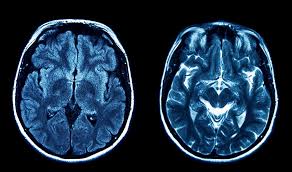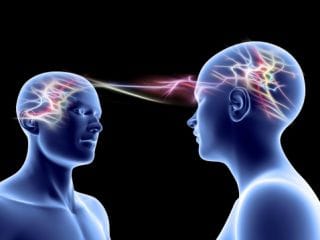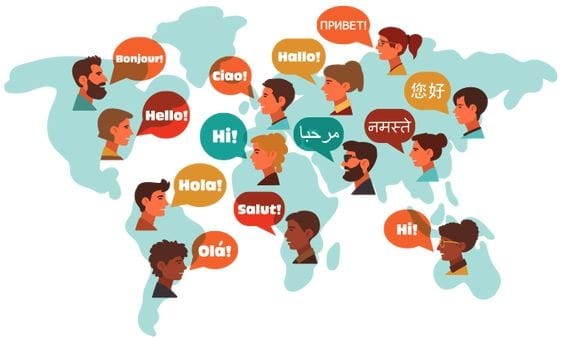The Neuroscience of Gratitude

Rewiring Your Brain for Positivity
In the intricate landscape of human emotions, gratitude stands out as a powerful catalyst for personal transformation. Far more than a mere social nicety, gratitude is a neurological marvel that can literally reshape our brain's architecture, influencing our mental health, relationships, and overall well-being.
The Brain on Gratitude
Modern neuroscience reveals that gratitude is not just a fleeting emotion but a complex neurological process. When we experience genuine gratitude, our brain undergoes remarkable changes. Functional MRI studies have shown that practicing gratitude activates the prefrontal cortex—the region responsible for managing negative emotions and processing positive experiences.
Dr. Robert Emmons, a leading gratitude researcher, describes this phenomenon as a "neural reset." By consciously focusing on things we appreciate, we trigger a cascade of neurochemical responses. Dopamine and serotonin, our "feel-good" neurotransmitters, flood our system, creating a natural mood elevation that can counteract stress and anxiety.
The Journaling Connection
One of the most effective methods to cultivate gratitude is through intentional journaling. By dedicating time to document our appreciative thoughts, we create neural pathways that gradually rewire our brain's default negative bias. This practice, known as "positive neuroplasticity," allows us to train our brain to more readily recognise and internalise positive experiences.
In the groundbreaking book "The Gratitude Diaries" by Janice Kaplan, the author documents her year-long experiment of practicing daily gratitude. Kaplan's research aligns with neuroscientific findings, demonstrating how consistent gratitude journaling can transform one's perspective and neurological response to life's challenges.
Practical Journaling Techniques
- Daily Gratitude Log: Write three specific things you're grateful for each day
- Depth Journaling: Explore why you're grateful, not just what you're grateful for
- Gratitude Letters: Write thank-you notes, even if unsent, to activate empathy circuits
Neurological Benefits Beyond Mood
The impact of gratitude extends far beyond emotional regulation. Research from the Greater Good Science Center at UC Berkeley suggests that consistent gratitude practice can:
- Reduce inflammation markers
- Improve sleep quality
- Enhance immune system functioning
- Decrease stress hormone cortisol levels
The podcast "Huberman Lab" hosted by Dr. Andrew Huberman—a neurobiology professor at Stanford—dedicates entire episodes to exploring how intentional practices like gratitude can fundamentally alter our neurological landscape. Huberman explains that gratitude is not just an emotion but a skill that can be systematically developed.
The Physiological Mechanism
When we experience gratitude, our body releases oxytocin, often called the "connection hormone." This neurochemical not only promotes social bonding but also reduces blood pressure and supports heart health. It's a remarkable example of how our emotional states directly influence physical well-being.
Overcoming Neurological Resistance
Our brains are evolutionarily wired to focus on potential threats—a survival mechanism that worked well for our ancestors but creates unnecessary stress in modern life. Gratitude journaling acts as a counterbalance, gradually training our neural networks to prioritise positive experiences.
Technology and Gratitude
Online journaling platforms have revolutionised how we practice gratitude. Digital tools provide:
- Consistent reminders
- Privacy and security
- Easy tracking of emotional progress
- Community support and shared experiences
The Science of Consistency
Neuroscientists emphasise that gratitude is most effective when practiced consistently. Like physical exercise, neural gratitude pathways strengthen with regular use. Even five minutes daily can create significant neurological shifts over time.
Recommended Journal Prompts
- What surprised me today?
- Who made my life easier today?
- What challenge am I grateful to be learning from?
- What simple pleasure did I enjoy today?
A Call to Transform
Your brain is a powerful, adaptable organ waiting to be positively programmed. By embracing gratitude as a deliberate practice, you're not just changing your mood—you're restructuring your neural architecture.
Join Our Community
We invite you to transform your life through intentional gratitude at Sharings.Me. Our online journal community provides:
- Guided journaling templates
- Expert-curated prompts
- Supportive global network
- Scientific tracking of your gratitude journey
Your brain is ready. Are you?




